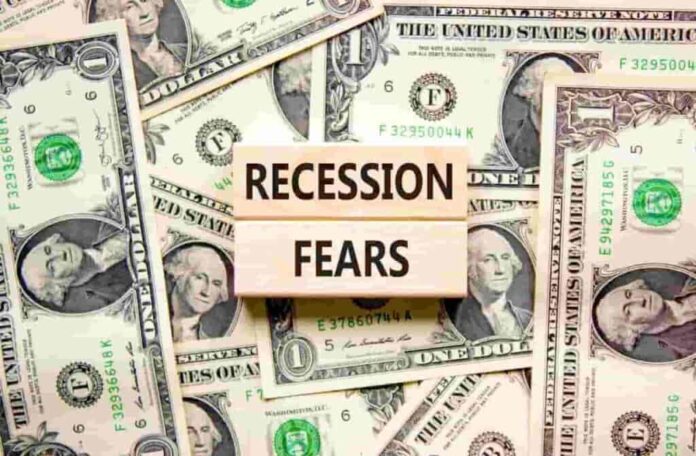Paul L.
American economist Steve Hanke has warned about what he believes could be a major recession signal that Wall Street is largely ignoring.
Specifically, the Professor of Applied Economics at Johns Hopkins University pointed to a sharp contraction in the U.S. money supply as a key indicator of potential economic trouble later this year, he said in an interview with CapitalCosm.
Hanke emphasized that while most market watchers fixate on interest rates and inflation, few track the total money stock, a critical economic activity driver.
According to the expert, the money supply has shrunk since April 2022, a decline he argued could mean the U.S. economy is slowly running out of fuel.
“The recession no one’s pricing in. <…> After 2022, M2 contracted. With a lag, the economy will feel it—real output and inflation drop, nominal GDP slows. Add to that regime uncertainty, and a US recession later this year is likely to occur,” Hanke said.
He explained that a falling money supply impacts two major areas: real economic activity and inflation. Together, these shape nominal GDP, which he warned is already trending downward.
Impact of the Trump administration
Adding to the risk, Hanke highlighted what he called “Trump’s regime uncertainty,” comparing the current political climate to the early 1930s. In his view, the uncertainty surrounding the Trump administration’s approach to trade could further dampen economic momentum.
The economist has previously warned that Trump-era tariffs could lead to a full-blown recession, assigning a 90% probability of one hitting in 2025.
As reported by Finbold, Hanke has stressed that today’s economic environment resembles the early years of the Great Depression, when a shrinking money supply and protectionist trade policies took hold.
“You have got Trump’s regime uncertainty, which, as I said, just like in the Great Depression, just pushes things down even more. So that’s why I think the probability of a recession later this year is much higher than the consensus beliefs,” he added.
He directly compared the Smoot-Hawley Tariff Act of 1930, which sparked a global trade war and contributed to an 83% market crash between 1930 and 1932. Hanke believes financial markets today are beginning to echo that painful history.
While recession fears had recently eased amid progress on U.S.-China trade talks, fresh concerns are resurfacing due to rising geopolitical tensions in the Middle East, adding yet another layer of uncertainty to an already fragile outlook.
Featured image via Shutterstock
